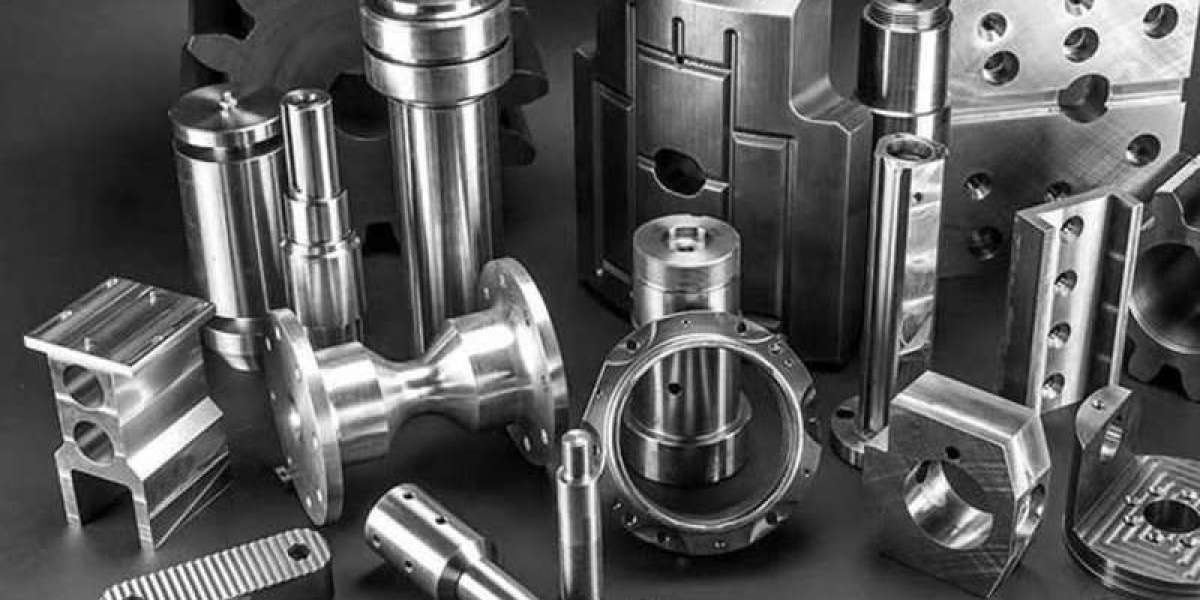In the highly specialized field of surgical instruments manufacturing, precision, consistency, and reliability are non-negotiable. One of the most crucial technologies that enable such stringent standards is CNC turning services. This advanced machining process has revolutionized how surgical tools are produced, ensuring superior quality and exact specifications with remarkable efficiency.
Understanding CNC Turning Services
CNC turning services refer to the process where a computer numerical control (CNC) lathe machine rotates a workpiece while cutting tools shape it into a desired form. This automated method allows for highly precise control over the dimensions and surface finish of the components produced. For surgical instruments, where tolerances are minimal and surface quality is paramount, CNC turning ensures each part meets exacting standards.
Why CNC Turning is Essential for Surgical Instruments
Surgical instruments require exceptional precision because even the slightest deviation can affect their performance or sterilization capability. The components are often made from stainless steel or other biocompatible materials that need to withstand rigorous sterilization procedures without degrading. CNC turning services provide the level of accuracy needed to produce intricate parts such as scalpel handles, forceps, needle holders, and other delicate tools with flawless precision.
Moreover, the consistency offered by CNC turning is vital. Each surgical instrument must be identical to its counterparts to ensure reliability during critical medical procedures. Manual machining processes cannot guarantee such uniformity, whereas CNC technology uses pre-programmed instructions to replicate parts precisely, time after time.
The Advantages of CNC Turning in Surgical Instrument Production
One of the key benefits of CNC turning services in this industry is the ability to create complex geometries that would be difficult or impossible to achieve with traditional machining methods. Intricate details, such as grooves, threads, and smooth curves, are common in surgical tools, and CNC turning can deliver these features with ease.
Additionally, CNC turning reduces production time and costs. Automated machining minimizes human error and accelerates the manufacturing cycle. This efficiency is crucial in the medical sector, where the demand for high-quality surgical instruments is constant, and turnaround times must be swift.
Material Compatibility in CNC Turning for Surgical Tools
The materials used for surgical instruments must be durable, corrosion-resistant, and biocompatible. Common metals include stainless steel, titanium, and certain medical-grade alloys. CNC turning services accommodate these materials well, maintaining their integrity while achieving the necessary surface finishes and dimensional accuracy.
The precision cutting reduces the need for secondary finishing processes, which could compromise material properties or increase contamination risks. This streamlined approach enhances both the safety and functionality of the final surgical instruments.
Quality Control and CNC Turning Services
Quality control in manufacturing surgical instruments is stringent due to the critical nature of their use. CNC turning services facilitate rigorous quality assurance processes because machines operate under exact programming, and deviations can be detected and corrected quickly.
Advanced CNC machines are often integrated with inspection tools, enabling real-time monitoring of the machining process. This integration ensures that each piece is produced within specified tolerances and meets industry standards before moving forward in the manufacturing chain.
Customization and CNC Turning Flexibility
Surgical instruments vary widely depending on their application, requiring manufacturers to adapt designs frequently. CNC turning services offer unparalleled flexibility to adjust programming and tooling to produce custom parts without lengthy setup times.
This adaptability means manufacturers can quickly prototype new designs or modify existing instruments to meet evolving medical requirements. The ability to customize without sacrificing quality or efficiency is a significant advantage in the competitive medical device market.
Environmental and Economic Impact of CNC Turning Services
CNC turning technology also contributes positively to environmental sustainability in surgical instrument manufacturing. The precision of the process reduces material waste, a critical consideration given the high cost and environmental impact of medical-grade metals.
Moreover, the automation inherent in CNC turning reduces energy consumption compared to traditional manual machining, further minimizing the ecological footprint. These factors make CNC turning not only a technical choice but an economically and environmentally responsible one for medical device manufacturers.
Future Trends in CNC Turning for Surgical Instruments
The evolution of CNC turning services continues with the integration of advanced software, artificial intelligence, and robotics. These innovations promise even greater precision, efficiency, and customization capabilities in the production of surgical instruments.
Manufacturers increasingly rely on smart CNC machines that can self-correct and optimize processes in real time, reducing downtime and improving overall quality. Additionally, hybrid machines combining CNC turning with milling or additive manufacturing techniques are emerging, allowing the creation of even more complex and functional surgical tools.
Conclusion
CNC turning services have become indispensable in the manufacturing of surgical instruments. Their ability to deliver high precision, repeatability, and material compatibility ensures that surgical tools meet the rigorous demands of modern medicine. With ongoing technological advancements, CNC turning continues to enhance the quality, efficiency, and sustainability of surgical instrument production, ultimately supporting better patient outcomes and advancing healthcare standards worldwide.



